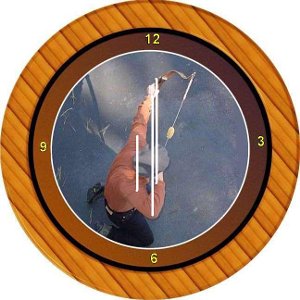
|
 Become a Trad Gang Sponsor |
 |
- Welcome to Trad Gang.
Target Panic....Aha moment
Started by LongStick64, May 04, 2014, 06:10:00 PM
Previous topic - Next topic0 Members and 1 Guest are viewing this topic.
User actions
Copyright 2003 thru 2025 ~ Trad Gang.com © |
